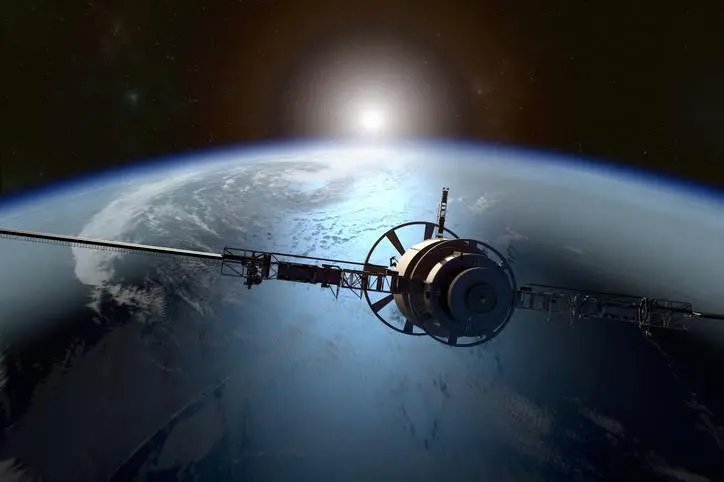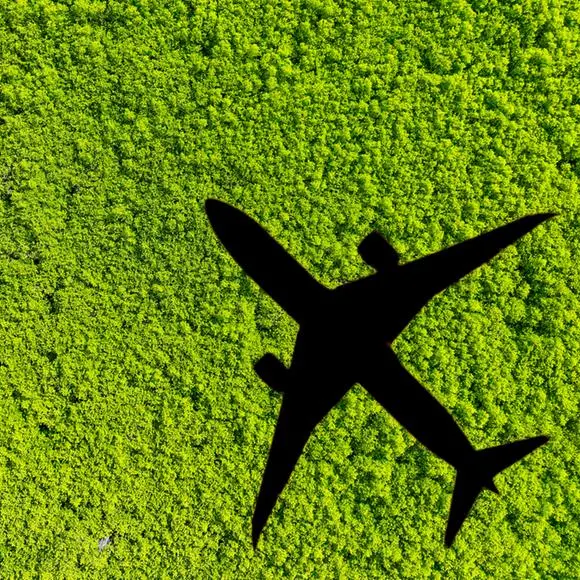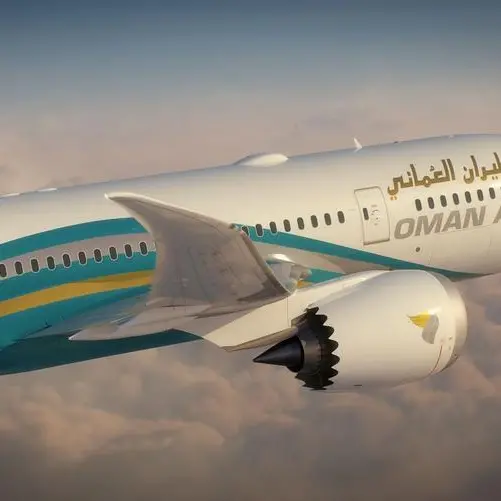PHOTO
Blue Origin’s fifth human spaceflight carrying UAE expat Hamish Harding is now scheduled to take off on June 4, 2022.
Hamish Harding, Chairman of Action Aviation, and long-term resident of Dubai will continue his mission to explore the most undiscovered places on earth as part of the crew on Blue Origin’s NS-21 flight into space.
The suborbital flight carrying six people including him was originally supposed to take off on May 20 but was delayed due to technical reasons.
The journey into space follows several other Guinness World Record missions for Harding, including the longest duration spent at Full Ocean Depth and the longest distance traversed at Full Ocean Depth, when he dived the Challenger Deep in the Mariana Trench in a two-person submersible to a depth of 36,000 feet (11,000 meters).
Captain Harding also led the One More Orbit mission which achieved the record for the fastest circumnavigation of the earth via both poles in a Gulfstream G650ER (46 hours, 40 minutes).
Harding is Chair of the Middle East Chapter of The Explorers Club, an international organisation founded in New York in 1904 which is dedicated to the advancement of field exploration and scientific enquiry.
He has also recently established the One More Orbit Foundation to inspire and sponsor the explorers of tomorrow to achieve the impossible through educational outreach in Science, Technology, Art, Engineering and Mathematics (STEAM).
Harding will be part of a six-person crew on the fifth human flight for Blue Origin’s New Shepard programme.
Other crew members include Katya Echazarreta, the first Mexican-born woman and youngest American woman to fly into space, and famed undersea explorer Victor Vescovo, who co-piloted DSV Limiting Factor with Harding to the bottom of the deepest point of the oceans in March 2021.
As part of his mission, Harding will carry a postcard to space on behalf of Blue Origin’s Foundation, Club for the Future. The foundation’s mission is to inspire future generations to pursue careers in STEM and help invent the future of life in space.





















